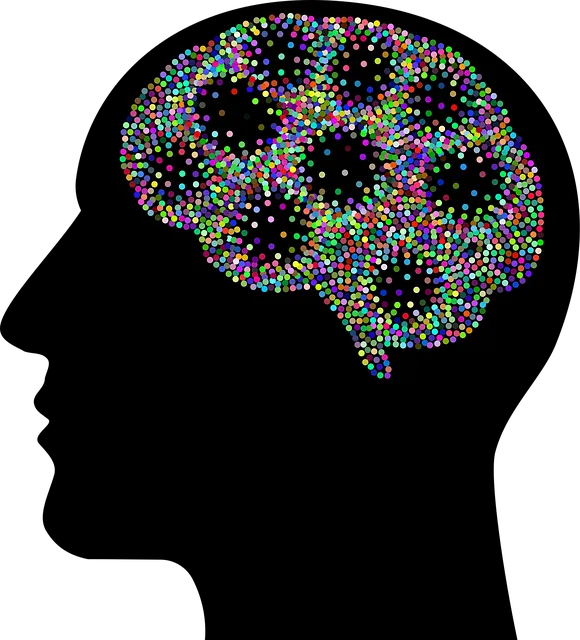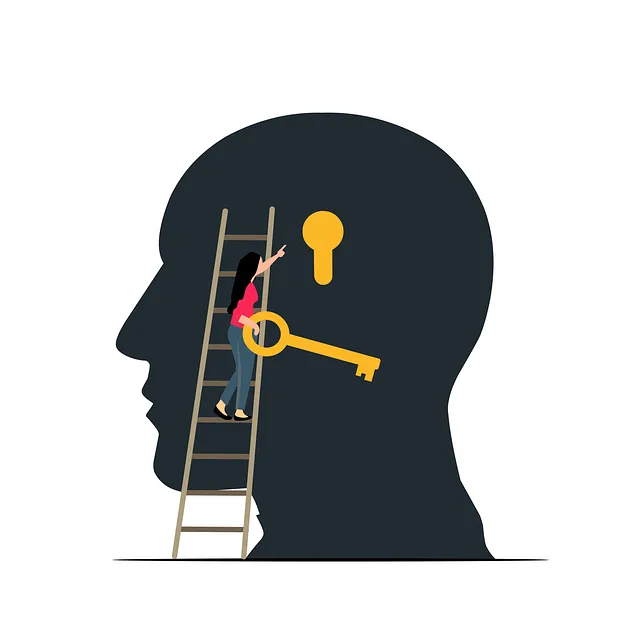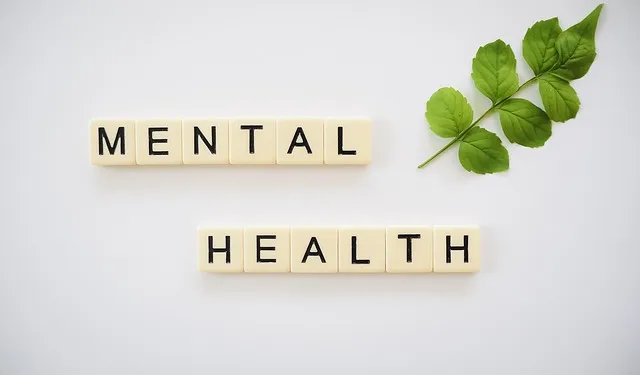Kaiser Permanente's training programs in Boulder focus on improving mental wellness by addressing social skills barriers caused by conditions like anxiety and depression. These evidence-based programs, including podcast production and social skills workshops, equip individuals with communication strategies, emotional well-being techniques, and crisis intervention skills to enhance relationships, manage emotions, and reduce stigma. Through interactive learning, assessment, and community outreach, these initiatives foster understanding, support, and long-term mental health improvements for those managing diverse conditions.
Social skills training plays a pivotal role in managing mental health conditions, facilitating healthier interactions and enhancing overall well-being. This article explores the transformative power of Kaiser Permanente’s training programs in Boulder, focusing on their comprehensive approach to addressing social challenges. We’ll delve into the impact of mental health on social dynamics, highlight key skills targeted for improvement, and examine the techniques and long-term benefits of these innovative programs, all while emphasizing the unique contribution of Kaiser Permanente’s initiatives in Boulder.
- Understanding the Impact of Mental Health on Social Interactions
- The Role of Kaiser Permanente Training Programs in Boulder
- Identifying Key Social Skills for Improvement
- Techniques and Strategies Used in Social Skills Training
- Measuring Success and Long-Term Benefits of the Program
Understanding the Impact of Mental Health on Social Interactions

Mental health conditions can significantly influence an individual’s social interactions and overall quality of life. The impact is multifaceted; it may manifest as difficulty initiating or maintaining conversations, a lack of eye contact, or even physical symptoms like excessive sweating during social encounters. These challenges are not merely social etiquette issues but are deeply intertwined with the complex neurobiology of mental health disorders. For instance, anxiety disorders can trigger intense feelings of fear and avoidance in social settings, while depression may lead to withdrawal from social activities and a general disinterest in connecting with others.
Kaiser Permanente training programs, such as the Mental Wellness Podcast Series Production, offer valuable resources for understanding and addressing these challenges. The Communication Strategies and Emotional Well-being Promotion Techniques covered in these programs empower individuals to navigate social interactions more effectively. By providing practical tools and insights, these initiatives aim to enhance social skills, foster meaningful connections, and ultimately improve overall mental wellness among those managing various mental health conditions.
The Role of Kaiser Permanente Training Programs in Boulder

In Boulder, Kaiser Permanente training programs play a pivotal role in enhancing mental health services and fostering a more supportive community. These comprehensive initiatives focus on both patient care and community engagement, aiming to improve access to quality mental health treatment. Through innovative training sessions, professionals learn effective strategies for Crisis Intervention Guidance, empowering them to handle sensitive situations with compassion and expertise.
The programs also target the Mental Illness Stigma Reduction Efforts, promoting understanding and empathy among healthcare providers and the public. By integrating Mental Health Awareness into their curriculum, these training sessions ensure that individuals from all walks of life can contribute to a more inclusive and supportive environment for those facing mental health challenges.
Identifying Key Social Skills for Improvement

In the context of mental health conditions, identifying key social skills for improvement is a nuanced process that forms the backbone of effective Kaiser Permanente training programs in Boulder. Programs like those offered by Kaiser Permanente focus on areas that directly impact an individual’s ability to navigate relationships, manage emotions in social settings, and communicate effectively. This often includes essential skills such as active listening, empathy, conflict resolution, and assertiveness. For instance, a Mental Health Policy Analysis and Advocacy study highlighted that individuals with depression often struggle with initiating and maintaining conversations, which can lead to feelings of isolation. Therefore, training programs in Boulder aim to enhance these skills through interactive workshops, role-playing scenarios, and peer support groups.
By addressing these social skills, Kaiser Permanente training programs not only empower individuals to build stronger connections but also serve as a powerful tool for Depression Prevention. Improved communication can help identify and address emotional distress early on, fostering an environment of understanding and support. Moreover, developing coping skills through these programs equips participants with the means to manage stress and navigate social challenges, ultimately contributing to better mental health outcomes.
Techniques and Strategies Used in Social Skills Training

Social Skills Training for mental health conditions involves a range of evidence-based techniques and strategies designed to empower individuals with effective communication and interaction skills. Programs like those offered by Kaiser Permanente training programs Boulder focus on fostering social connections, improving emotional regulation, and enhancing coping mechanisms. These initiatives often incorporate role-playing scenarios, group discussions, and mindfulness exercises tailored to address specific mental health challenges.
The Risk Assessment for Mental Health Professionals plays a crucial role in tailoring these training programs. By assessing individual needs, the Stress Management Workshops Organization can design interventions that target depression prevention and promote overall well-being. Through interactive activities and practical tools, participants learn to navigate social situations with confidence, manage stress effectively, and build resilient support networks—all essential components of a holistic approach to mental health care.
Measuring Success and Long-Term Benefits of the Program

Measuring the success of social skills training programs is a nuanced task that goes beyond mere attendance or completion. At Kaiser Permanente training programs Boulder, we employ comprehensive evaluation methods to assess both short-term and long-term outcomes. These include pre- and post-program surveys to gauge participants’ perceived improvements in communication, relationship building, and coping mechanisms. Additionally, our Community Outreach Program Implementation ensures ongoing engagement with participants post-training, facilitating a deeper understanding of the program’s impact on their lives.
The benefits extend far beyond the duration of the training. Emotional healing processes are often catalyzed, allowing individuals to navigate social interactions more confidently. Furthermore, healthcare provider cultural competency training integrated into these programs empowers professionals to offer more tailored support, fostering a sense of belonging and understanding among participants. Over time, these initiatives contribute to improved mental health outcomes, enhanced community integration, and reinforced resilience in managing social challenges.
Social skills training, such as those offered by Kaiser Permanente training programs in Boulder, plays a pivotal role in supporting individuals with mental health conditions. By targeting essential social skills and employing effective techniques, these programs empower participants to navigate interpersonal interactions more confidently. The measured success and long-term benefits underscore the impact of structured training in enhancing overall well-being. For those seeking to improve their social interactions, engaging in these specialized programs can be a game-changer, fostering meaningful connections and revolutionizing lives.






